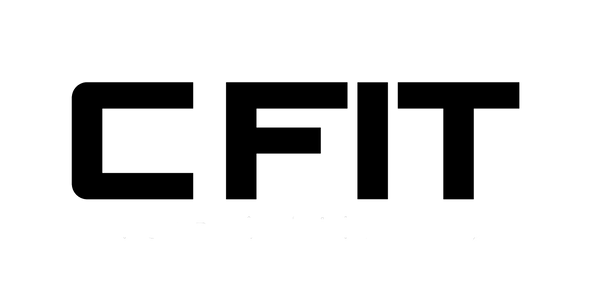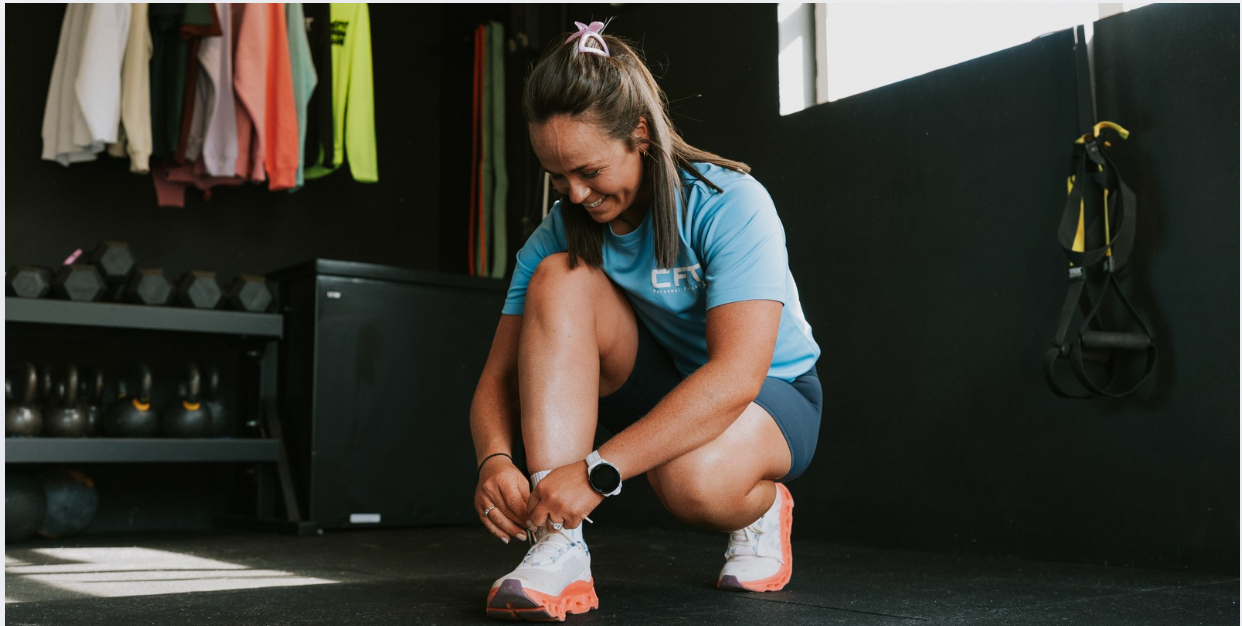Optimising Your Performance: What to Eat Before a 10K Run
Share
Proper nutrition plays a crucial role in enhancing your performance and ensuring an enjoyable run, whether you're a seasoned pro or a first-timer. In this blog, we'll delve into the key aspects of fuelling, focusing on the night before and the morning of your 10K run. After having a few conversations with the CFIT runners, I think this is a timely post!
Fueling the Night Before:
Embrace Carbs:
Fuelling up with the right nutrients is essential for top performance. Carbohydrates take the lead, and your evening meal should revolve around options like pasta, rice, vegetables, and potatoes. Complement these with lean protein sources such as chicken or fish. Avoid high-fat ingredients like cheese sauces or cream, as they can slow down digestion and lead to discomfort during your run. The primary goal is to replenish glycogen stores in your muscles and liver for optimal energy levels the next morning.
Hydration Matters:
Water is your best friend in the days leading up to the run.. and not just the morning of. I mean, starting a few days before the run. Ensure you stay hydrated - and no, wine doesn't count. On race morning, be mindful not to overdrink to prevent the need for mid-race toilet stops.

Breakfast on Race Day:
Timing Is Key:
Plan to eat two hours before your 10K to allow for proper digestion. Although it might require an early start, the benefits are well worth it. Focus on a carbohydrate-rich breakfast, incorporating high-glycemic options. Consider choices like cereal, porridge with jam or honey, toast and jam, or cereal bars with yogurt and fruit. A personal favourite is a bagel with peanut butter and jam... and a strong coffee. However, be cautious with coffee, as its effects vary among individuals. Porridge can also be tricky for some, so experimentation, especially during smaller runs close to home, is advised.
Fueling During the 10K:
Honest Advice:
In most cases, fuelling during the 10K itself may not be necessary. Adequate preparation the night before and on the morning of the race should provide enough stored glycogen for approximately 60-90 minutes. Unless your 10K is expected to exceed this timeframe, you likely won't need additional fuel mid-run.
Proper nutrition is your secret weapon for a successful 10K run. By prioritising carbohydrates, staying hydrated, and timing your meals strategically, you'll be well set. Experiment with different foods during training runs to discover what works best for you, ensuring you're well-prepared for race day.
Meal Ideas The Night Before
- A turkey or chicken burger in a bap with green beans and a white potato.
- A palm-sized portion of grilled fish or chicken—which tend to digest easier than steak or pork—with rice or sweet potato.
- A turkey sandwich or sub on a white roll with veggies like cucumbers, tomatoes, and avocado.
- Sushi rolls—about three, depending on the size—with white rice, lean fish, avocado, and plain veggies like cucumbers (steer clear of higher-fat fillings like cream cheese and tempura).
- Homemade stir-fry with lean chicken, fish, or tofu and veggies, over white rice.
- Pizza can work, if you go light on the cheese and skip greasy sausage or pepperoni
Meal Ideas The Morning Of
- Two pieces of toast or sourdough with honey and a banana
- Overnight oats
- Small bowl of cereal
- Trail mix and banana
- Bagel, peanut Butter & jam and protein yogurt
- Bowl of granola with almond milk and berries
- Croissant & jam

What To Eat After The 10k
If you have fully emptied the tank, expect to be feeling a bit worse for wear at the end and the legs already starting to ache. It’s at this point recovery nutrition is most important. Try to consume something within 30 minutes of finishing that ticks off the three ‘R’s of Recovery’. Some oat bars and a banana might be a great idea and easy to consume. Or a smoothie or pancake.
- Rehydrate – Take in some fluid.
- Refuel – Replenish those energy stores
- Repair – Provide protein to help your muscles


